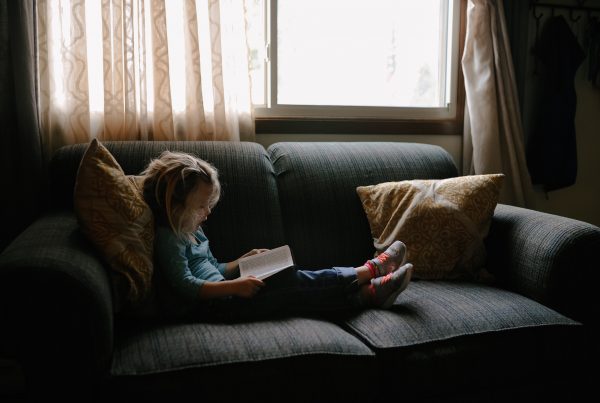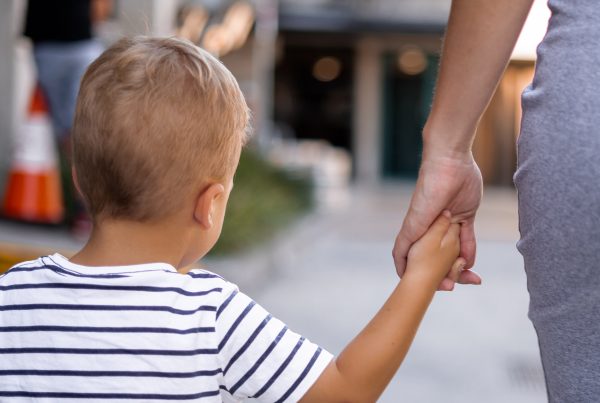
We’ve talked about trauma a few different times on the blog. Specifically, we’ve compiled some of our favorite trauma resources for the church, and for those caring for children who have experienced trauma.
Trauma shows itself in all facets of the lives of our children, whether they are at home in our care or in public spaces. While we have a part to play at home as foster parents—which is an incredible opportunity—we also need friends, family, additional caregivers, church childcare workers, and teachers/school professionals to be willing to learn, understand, and implement the best care for our kids from hard places. Particularly as it relates to the classroom, we want our children to be set up for success, not only in the care they receive but so that they can reach their academic and social potential.
Are you in education and looking for great resources to educate yourself on how to navigate trauma in the classroom? Are you a parent searching for resources to send your child’s teachers so that you can walk this road together?
Here are some of our favorite recommended articles!
TBRI Classrooms
“Because millions of American school-aged children have experienced abuse, neglect, or trauma, we have developed many resources to help educators create healing learning environments to meet the unique needs of these vulnerable children. While some of these resources are not geared specifically to a classroom setting, our hope is that anyone who works with children from hard places can glean insights about how trauma affects the brain and how to bring deep healing to the children they serve.”
CONTINUE READING →
10 Things About Childhood Trauma Every Teacher Needs to Know
“With grief, sadness is obvious. With trauma, the symptoms can go largely unrecognized because they mimic other problems: frustration; acting out; or difficulty concentrating, following directions, or working in a group. Students are often misdiagnosed with anxiety, behavior disorders, or attention disorders rather than understood to have trauma that drives those symptoms and reactions.
For children who have experienced trauma, learning can be a big struggle.”
CONTINUE READING →
What Exactly is a Trauma-Sensitive Classroom?
“Trauma-informed care is becoming significantly more important and common in child-serving fields like child welfare, juvenile justice, and pediatric medicine. The movement is taking hold in school districts across the country as well.
And not a moment too soon. The movement is fueled by the Adverse Childhood Experiences (ACEs) research and the growing understanding of how toxic stress impacts our neurobiology — especially if we’re talking about how trauma changes children’s developing brains. The increase in violence and bullying in schools, the challenges of lowering dropout rates, and the number of children coming to school dealing with poverty, neighborhood gangs, domestic violence, family members in jail … are all situations where being trauma-sensitive is so important.”
CONTINUE READING →
Get encouragement and updates in your inbox.
Be the first to know about new episodes, posts, resources, and stay in the loop about what’s coming up.
You Might Also Enjoy:






